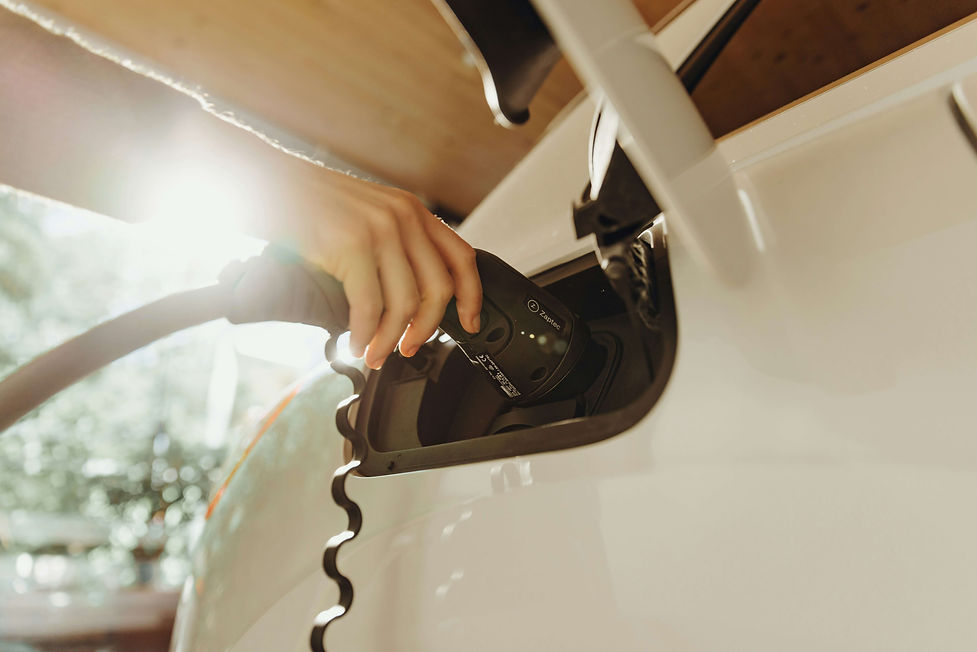Terms and Conditions Apply


EV CHARGER INSTALLATION
TORQUAY AND SOUTH DEVON




Electric Vehicle Charger Installation 👨🏻🔧
As electric vehicles (EVs) continue to gain popularity worldwide, the demand for reliable and accessible charging infrastructure is growing rapidly. Installing an EV charger at home, at workplaces, or in public spaces not only supports the transition to cleaner transportation but also provides convenience, cost savings, and long-term sustainability benefits.
EV charger installation involves more than simply plugging into a power source—it requires careful planning, proper electrical setup, and compliance with safety standards and local regulations. Factors such as charger type, charging speed, electrical capacity, and installation location all play an important role in ensuring efficiency, safety, and usability.
Whether you are a homeowner seeking the convenience of overnight charging, a business owner aiming to attract EV-driving customers, or a developer preparing for future transportation needs, understanding the installation process is essential. By investing in the right EV charging solution, you not only enhance daily convenience but also contribute to a cleaner environment and a smarter energy future.
Home Charger Installation
Installing a home EV charger is one of the most convenient and cost-effective ways to keep your electric vehicle powered. Instead of relying on public charging stations, homeowners can enjoy the ease of charging overnight and starting each day with a full battery.
The installation process typically begins with selecting the right charger. Most EV owners choose a Level 2 charger, which operates on a 240-volt supply and can charge a vehicle several times faster than a standard household outlet (Level 1). The choice of charger may depend on driving habits, vehicle type, and budget.
Before installation, it is important to assess the home’s electrical system to ensure it can handle the additional load. An electrician may need to upgrade the electrical panel, install a dedicated circuit, or add safety devices such as a Ground Fault Circuit Interrupter (GFCI). Once the infrastructure is ready, the charger can be mounted in a garage, carport, or outdoor parking area, ideally close to where the vehicle is parked.
Key considerations for home installation include:
-
Electrical capacity – Ensuring the panel can support the charger.
-
Location – Choosing a safe, accessible spot near the vehicle.
-
Permits and regulations – Meeting local codes and utility requirements.
-
Smart features – Some chargers offer Wi-Fi connectivity, energy monitoring, and load management for efficiency.
-
With professional installation, homeowners gain peace of mind knowing their charger is safe, reliable, and optimised for everyday use.
Beyond convenience, installing a home EV charger can also add value to a property, as more buyers look for EV-ready homes.
Commercial Charger Installation
For businesses, installing EV chargers is more than just a convenience—it’s an investment in sustainability, customer satisfaction, and long-term growth. As the number of electric vehicles on the road continues to rise, providing charging facilities can attract new customers, support employees, and enhance a company’s reputation as an environmentally responsible organisation.
The process of installing a business EV charger begins with assessing the site’s power capacity and determining the most suitable type of charger. While Level 2 chargers are commonly installed at offices, retail centres, and hospitality venues, DC fast chargers may be preferable for locations where quick turnaround charging is needed, such as highways, fleet depots, or service stations.
Some key considerations for businesses include:
-
Site assessment and load management – Evaluating the property’s electrical infrastructure and planning for current and future demand.
-
Scalability – Designing the system to expand as EV adoption grows.
-
User accessibility – Ensuring chargers are conveniently located, well-marked, and compliant with accessibility standards.
-
Smart charging features – Integrating software for payment processing, usage tracking, and energy management.
-
Incentives and rebates – Taking advantage of government grants, tax credits, or utility incentives to reduce costs.
-
Professional installation ensures that chargers are safe, reliable, and compliant with local codes and regulations. For customer-facing businesses, chargers can also be branded and integrated into loyalty programmes, encouraging repeat visits. For employers, workplace charging supports staff who drive EVs, helping attract and retain talent.
By adopting EV charging infrastructure, businesses not only contribute to a cleaner transportation future but also strengthen their competitive edge in an evolving marketplace.
Spread The Cost With
0% Finance ✅
Investing in an EV charger can feel like a big upfront expense, but flexible payment options—such as spreading the cost over 12 months with 0% interest—make the transition to electric driving far more accessible. This approach allows drivers to enjoy the convenience of home or workplace charging immediately, without the financial burden of paying everything at once.

.jpg)


